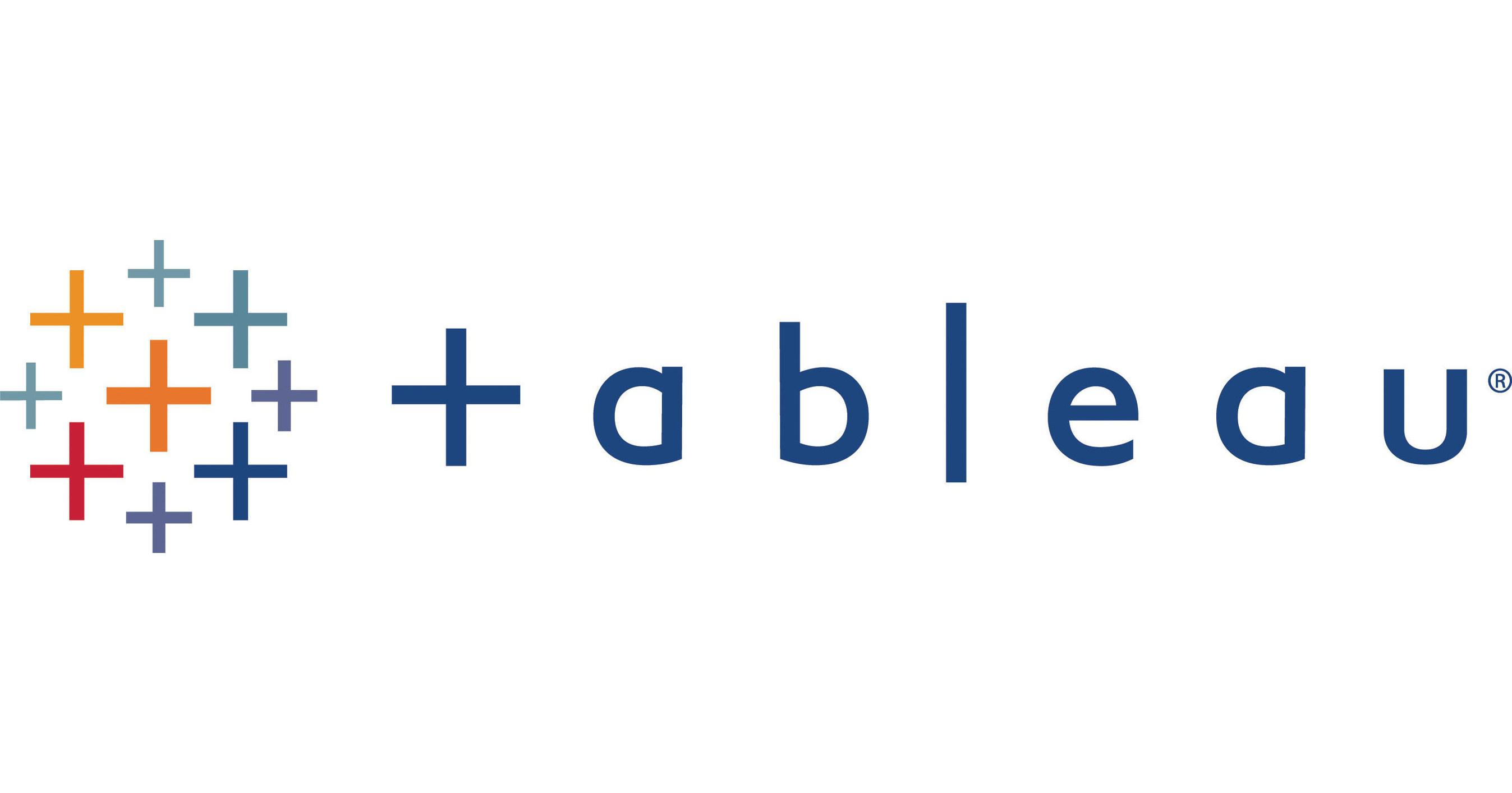
Tableau Software: Transforming Data into Insights
Introduction: Navigating the Data Visualization Landscape with Tableau
In the dynamic realm of data visualization, Tableau emerges as a powerful tool, offering a user-friendly interface that transforms raw data into meaningful insights. This article delves into the key features, industries impacted, advantages, challenges, and future trends surrounding Tableau.
Key Features of Tableau: Unleashing the Power of Visualization
Intuitive Drag-and-Drop Interface
Tableau’s user-friendly interface allows users to effortlessly create visualizations by dragging and dropping elements, making it accessible to both novices and seasoned data analysts.
Real-Time Data Connectivity
Tableau’s capability to connect to data sources in real-time ensures that visualizations reflect the most up-to-date information, vital for dynamic decision-making.
Interactive Dashboards and Storytelling
Tableau goes beyond static charts, offering interactive dashboards that facilitate exploration and storytelling, transforming data into a compelling narrative.
Industries Benefiting from Tableau: Shaping Data-driven Decision Making
Business and Finance
Tableau is extensively utilized in business and finance for analyzing financial data, tracking key performance indicators, and making informed strategic decisions.
Healthcare
In healthcare, Tableau aids in visualizing patient data, optimizing operational processes, and identifying trends that contribute to improved patient care.
Education
Educational institutions leverage softwarechiefs.com/ to analyze student performance data, monitor institutional metrics, and enhance educational outcomes through data-driven insights.
Advantages of Tableau: Catalyzing Data Analysis and Decision-Making
Enhanced Data Analysis
Tableau empowers users to analyze vast datasets with ease, unveiling patterns, trends, and outliers that might otherwise remain hidden.
Improved Decision-Making
The visual nature of Tableau’s output simplifies complex data, enabling quicker and more informed decision-making across various industries.
Accessibility and Collaboration
Tableau’s dashboards are easily accessible, promoting collaboration among team members and ensuring that insights reach key stakeholders.
Common Challenges and Solutions: Navigating the Data Landscape
Learning Curve
The initial learning curve of Tableau may pose a challenge. Online courses, tutorials, and practice can help users overcome this hurdle.
Data Security Concerns
Sensitive data requires careful handling. Implementing robust security measures and educating users on best practices mitigate potential security risks.
Tableau in the Data-driven Era: Embracing Innovation
Tableau continues to evolve in response to the demands of the data-driven era. Integration with big data allows users to harness the power of massive datasets, while cloud-based analytics ensures scalability and accessibility.
Future Trends in Tableau: Paving the Way for Intelligent Insights
Artificial Intelligence in Data Analysis
The incorporation of artificial intelligence in Tableau is a future trend, promising intelligent data analysis and automated insights.
Integration with Machine Learning
Tableau’s integration with machine learning algorithms will further enhance its predictive analytics capabilities, offering more advanced and accurate insights.
How to Learn Tableau: A Journey to Mastery
Online Courses and Certifications
Numerous online platforms provide comprehensive Tableau courses and certifications, catering to users at various skill levels.
Community Forums and Resources
Engaging with Tableau’s vibrant community through forums, blogs, and resources provides valuable insights and practical tips for mastering the software.
Conclusion: Empowering Data Explorers to Uncover Insights
Tableau’s impact on data visualization is undeniable, bridging the gap between raw data and actionable insights. As we navigate the data landscape, Tableau stands as a beacon, empowering users to explore, understand, and leverage the power of their data.






